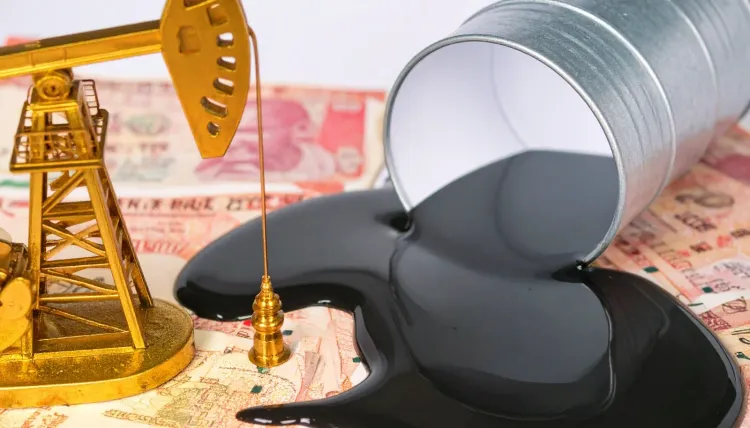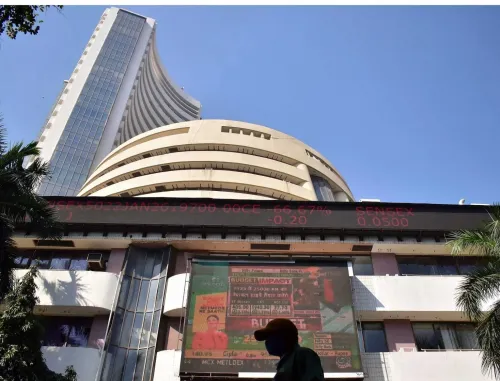Could Crude Oil Prices Rebound as Supply Stabilizes and Geopolitical Tensions Ease?

Synopsis
Key Takeaways
- Crude oil prices may rebound if key support levels are maintained.
- Geopolitical tensions are easing, which could stabilize the market.
- OPEC+ production cuts are keeping global supply tight.
- The $62.70 support level is crucial for potential price recovery.
- Upcoming OPEC+ meetings will be pivotal for market direction.
New Delhi, July 5 (NationPress) Experts suggest that crude oil prices might experience a rebound soon as positive indicators arise from the supply front and geopolitical tensions appear to be subsiding. On Saturday, analysts noted that despite ongoing demand concerns impacting global sentiment, there is potential for a recovery in crude prices if critical technical levels are maintained.
On Friday, West Texas Intermediate (WTI) crude prices remained low, hovering in the mid $65 range due to limited holiday trading and weak global demand.
However, analysts are highlighting a possible turnaround, particularly with significant events such as the upcoming OPEC+ meeting and the US tariff deadline approaching.
Tejas Shigrekar, Chief Technical Research Analyst for Commodities and Currencies at Angel One Ltd, pointed out that the outlook for crude oil remains mixed, yet there are grounds for cautious optimism.
He observed that while demand has been affected by slowdowns in global manufacturing, especially in China and the Eurozone, OPEC+ production cuts continue to keep global supply limited.
“These cuts, predominantly led by Saudi Arabia and Russia, have mitigated a more significant decline in prices,” he clarified.
“Even with softer demand forecasts from OECD countries, the coordinated output reductions are establishing a price floor,” Shigrekar noted.
“Barring any substantial supply shocks, crude futures are likely to stay within a broad range, supported by strategic purchasing,” he added.
The geopolitical risks that previously fueled price increases have somewhat diminished following the ceasefire between Iran and Israel.
Iran’s reaffirmed commitment to the Nuclear Non-Proliferation Treaty has also contributed to market stabilization.
While tensions remain in the South China Sea and the Middle East, there have been no significant interruptions to global supply chains as of now.
Traders are now gearing up for the July 5 OPEC+ meeting, where a third consecutive production increase of 411,000 barrels per day for August is anticipated to be sanctioned.
From a technical standpoint, Shigrekar believes a price recovery is feasible if WTI crude maintains a position above the $62.70 support threshold.
A move above Rs 5,780 could elevate domestic crude prices to Rs 6,000-Rs 6,200. Conversely, if support dips below Rs 5,550, a decline toward Rs 5,330 or even Rs 5,000 may occur,” analysts cautioned.










